Meet the people involved in the Balanced Supply of Housing Research Cluster.
-
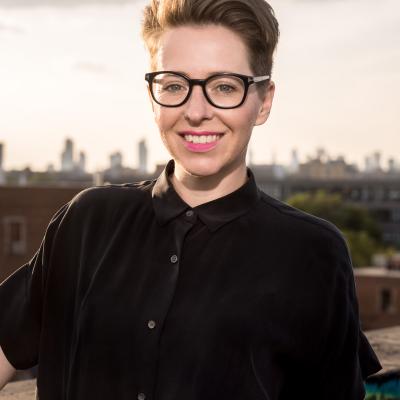
Martine August
School of Planning
University of Waterloo
Dr. Martine August is an Assistant Professor in the School of Planning at the University of Waterloo. Her research focuses on the political economy of housing and the pursuit of urban social justice, exploring themes related to gentrification, displacement, community organizing, public housing…
-
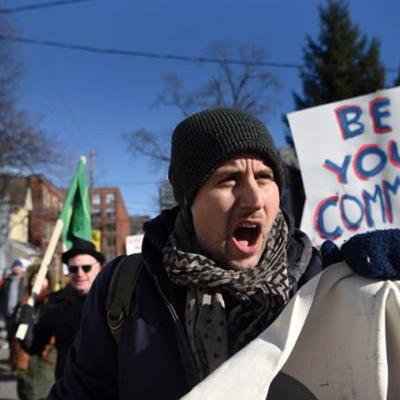
Joshua Barndt
Parkdale Neighbourhood Land Trust
Experienced community developer with a history in Nonprofit Organization Management, Affordable Housing and Community Land Trust (CLT) development. Skilled in Community Planning, Strategic Planning, Affordable Housing and Policy Analysis. MS. Critical Urbanism: Design and Urban Ecologies, The New…
-
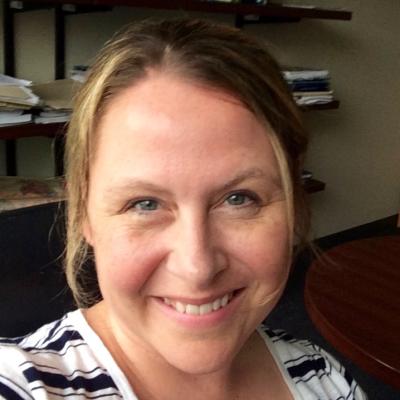
Susannah Bunce
Department of Human Geography
University of Toronto
Dr. Bunce's research centres on the role of sustainability in the context of spatial planning, development, and redevelopment practices in urban communities and neighbourhoods. Her research examines the actors, interests and motives in the adoption of sustainability principles and practices within…
-

Cheryll Case
CP Planning
Cheryll specializes in a human rights approach to urban planning. Her methods drive collaborative processes that mend relationships between various stakeholders within the community, non-profit, private, and public sectors. She is dedicated to working with diverse populations and ensuring that…
-
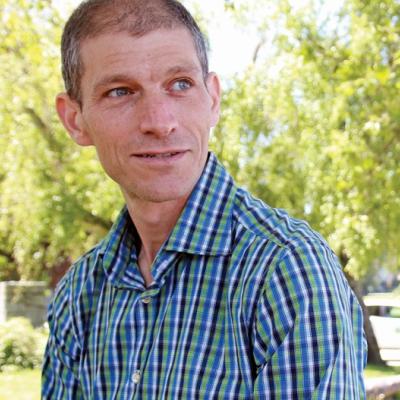
Tom Davidoff
Sauder School of Business
University of British Columbia
Tom Davidoff is an associate professor in the Real Estate and Strategy and Business Ecomics groups at the Sauder School of Business, UBC. Prior to joining UBC, Davidoff obtained degrees from Harvard, Princeton, and MIT, and worked in real estate development in Brooklyn and as an assistant…
-

Alexandra Flynn
Peter A. Allard School of Law
University of British Columbia
Professor Flynn’s teaching and research focuses on municipal law and governance, administrative law, property law, and experiential education. Her previous project, “The Landscape of Local in Toronto’s Governance Model,” looked at the overlapping geographies and…
-
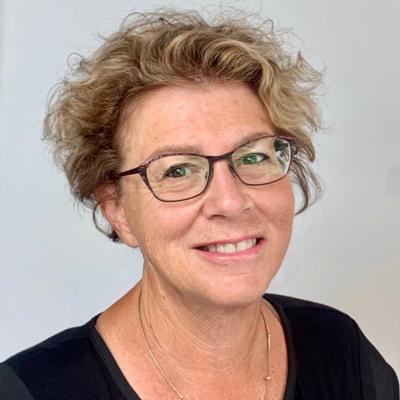
Penny Gurstein
School of Community and Regional Planning (SCARP)
University of British Columbia
Dr. Penny Gurstein is a Professor Emeritus and former Director of the School of Community and Regional Planning. She is currently the Co-Director of the Housing Research Collaborative. She specializes in the socio-cultural aspects of community planning with particular emphasis on those who are the…
-
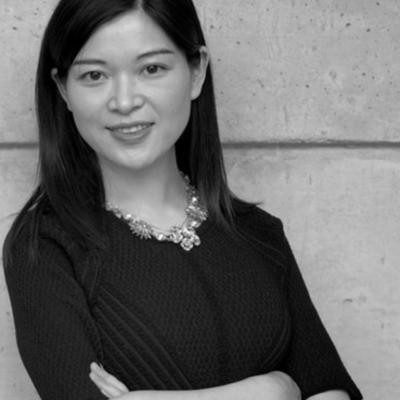
Lu Han
Rotman School of Management
University of Toronto
Lu Han is Professor of Economic Analysis and Policy and the Premier’s Research Chair in Productivity and Competitiveness at Rotman. She is a Chief Scientist at the Behavioral Economics in Action (BEAR), a Research Fellow at the Centre for Real Estate and Urban Economics…
-
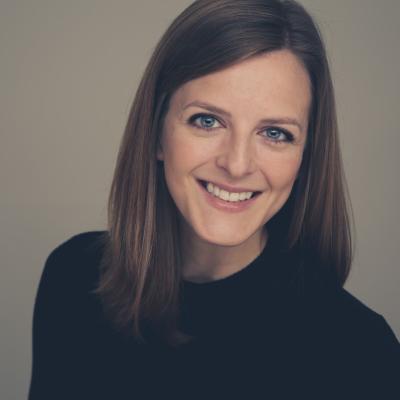
Julia Harten
School of Community and Regional Planning (SCARP)
University of British Columbia
Julia Harten is an Assistant Professor in the School of Community and Regional Planning. In her work, she leverages innovative data strategies for the study of housing and socio-spatial inequality, focusing on the housing strategies of marginalized people and the role of cities and…
-
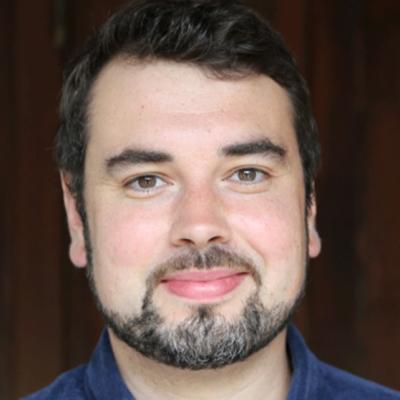
Zachary Hyde
Department of Human Geography
University of Toronto
Zachary is an urban geographer and sociologist who studies city governance, housing and development. Across his research projects, he looks at how the dynamics of capitalism play out on the ground through political struggles over the built environment, the meanings and ideas of social actors, and…
-
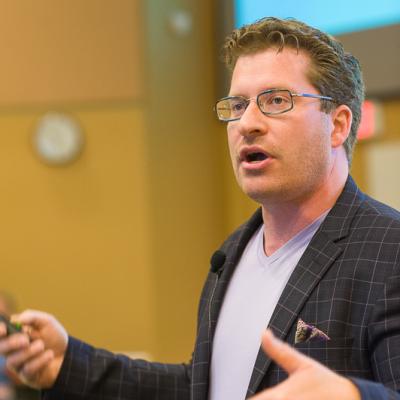
Paul Kershaw
School of Population and Public Health (SPP)
University of British Columbia
Dr. Paul Kershaw is a tenured University of BC professor, public speaker, regular media contributor and Founder of Generation Squeeze – a voice for younger Canadians in politics and the market supported by cutting-edge research. Kershaw is one of Canada’s leading thinkers about…
-
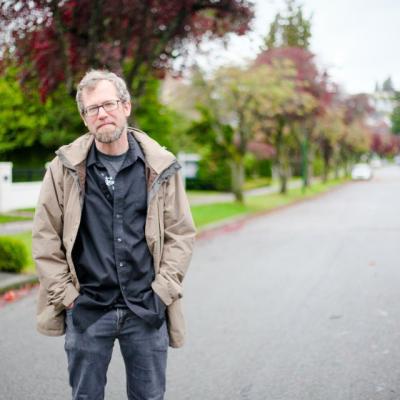
Nathanael Lauster
Department of Sociology
University of British Columbia
Sociologist and sometime demographer who primarily studies housing, home, households, and cities. Award-winning author of The Death and Life of the Single Family House: Lessons from Vancouver on Building a Livable City. Principle Investigator (with Jens von Bergmann) of the CMHC-funded Metro…
-
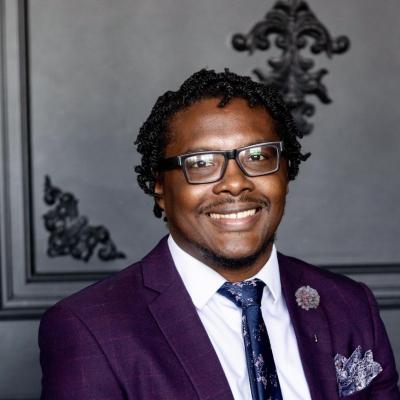
Nemoy Lewis
School of Urban and Regional Planning
Toronto Metropolitan University
Nemoy Lewis is an assistant professor in the School of Urban and Regional Planning. He received his PhD in human geography from Queen’s University in Kingston, Ontario. Lewis earned both his undergraduate and master’s degrees in geography at the University of Toronto. For his doctoral…
-
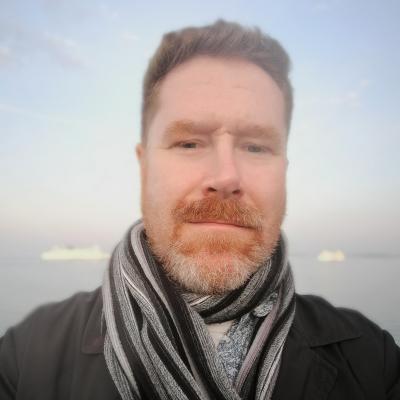
Nik Luka
Peter Guo-hua Fu School of Architecture
McGill University
Dr. Luka's interests in both research and professional practice encompass major themes that are familiar to most architects, landscape architects, planners, and geographers: housing, infrastructure, public space, cultural landscapes, urban design, and deliberative democracy. He typically does…
-
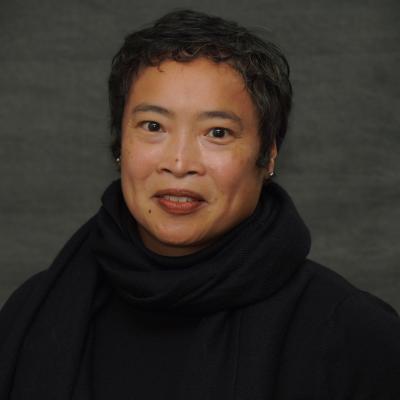
Julie Mah
Department of Human Geography
University of Toronto
Julie Mah is an Assistant Professor at the University of Toronto Scarborough in the Department of Human Geography – City Studies Program. Her research focuses on affordable housing issues, evictions, gentrification and displacement, and equitable development approaches. She received a PhD…
-
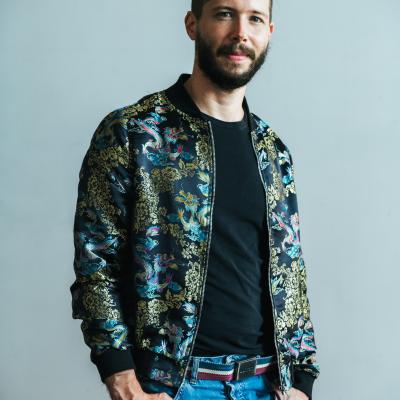
Adam Mongrain
McGill University
Adam Mongrain is Director - Housing policy at Vivre en Ville. Vivre en Ville's research and advocacy focuses on sustainable and livable communities. Over the past years, Adam and his team have documented barriers to housing affordability in densely built environments, and ways to reframe the…
-
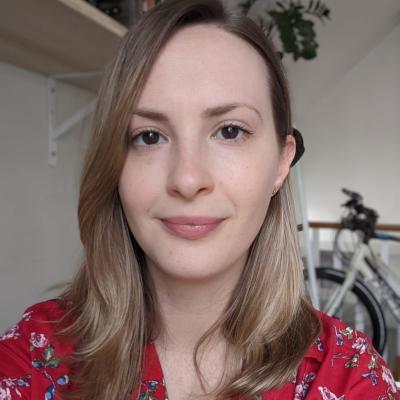
Erika Sagert
Erika Sagert is the Policy Manager at the BC Non-Profit Housing Association and has been with the organization for 7 years. During her time with BCNPHA, Erika has contributed to and led many of BCNPHA’s key research and advocacy initiatives, including designing the dashboards and leading media…
-

Chiyi Tam
Chiyi (she/her) is an urban planner and anti-displacement organizer practicing in Tkaronto's Kensington-Chinatown neighbourhood. Chiyi is the managing lead of the recently established Toronto Chinatown Land Trust. Her goal is to reciprocate knowledge and wealth into community ownership. …
-
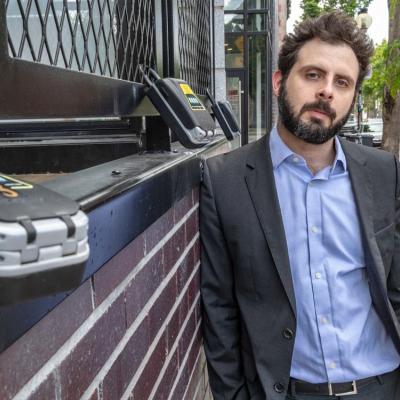
David Wachsmuth
School of Urban Planning
McGill University
David Wachsmuth is the Canada Research Chair in Urban Governance at McGill University, where he is also an Assistant Professor in the School of Urban Planning and an Associate Member in the Department of Geography. He directs UPGo, the Urban Politics and Governance research group at McGill, where…
-
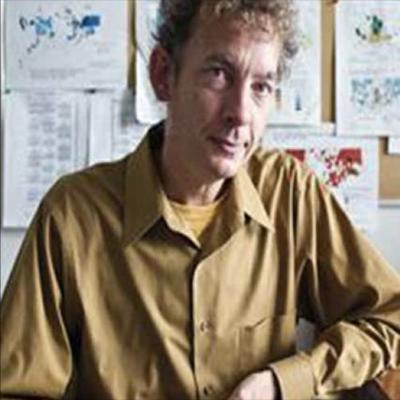
Alan Walks
Department of Geography and Planning
University of Toronto
Alan Walks’ research is concerned with understanding the causes and consequences of urban social and political inequality in the cities of the developed world, particularly those in Canada. He is the author of a number of scholarly articles and book chapters, and has examined the implications of…
